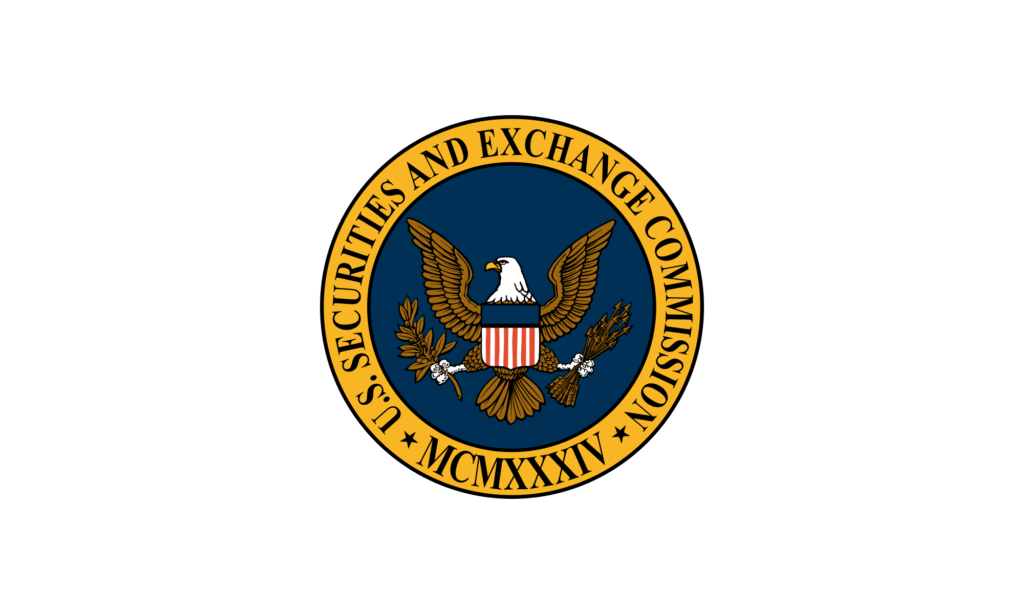
SEC Proxy Voting records legislation for mutual funds & ETFs news
WITH the Securities and Exchange Commission (SEC) about to enhance the information on and transparency of proxy votes by mutual funds, exchange-traded funds (ETFs) and certain other funds now is clearly a good time for similar legislation to that required for Form N-PX to be enacted in the UK as a matter of urgency.
Currently, while UK company annual reports must legally include reporting of their environment, social and corporate (ESG) activities, despite substantial funds under their management – powered in part by the rise of the tracker fund – UK based index funds have no such reporting obligations. If they did so, it would help asset owners easily check whether their chosen fund policies are actually being implemented by their index funds will help index fund managers better adhere to their stated objectives and, thereby, hold them to greater account. Indeed, it is hard to see how any index fund, tracker fund or exchange traded fund – let alone executive board, company, industry, regulator or government department – could reasonably object to this proposal for greater transparency and accountability when it comes to the practice and execution of environment, social and corporate responsibilities (ESG) in the UK? The requirement for all funds for to publish their proxy voting records annually would have quickly have a demonstrable and a possibly game-changing impact upon the actual pursuit of ESG in the UK.
If the UK adopts similar categories to those proposed in the US, readily searchable records would enable anyone to quickly assess and easily establish if the fine publicly stated ESG principles of company and industry mission statements were also based in action and deed when it comes to a wide variety of ESG matters.
The proposed ESG reporting categories include:
Environment or climate proxy vote reporting categories will include reporting upon greenhouse gas (GHG) emissions; biodiversity or ecosystem risk; chemical footprint; renewable energy or energy efficiency; water issues; waste or pollution; deforestation or land use; environmental justice, or other environment or climate matters amongst others.
Diversity, equity, and inclusion proxy vote reporting categories will include board diversity; pay gap, or other diversity, equity, and inclusion matters amongst others.
Human rights or human capital/workforce proxy vote reporting categories will include supply chain exposure to human rights risks; outsourcing or offshoring; workplace sexual harassment amongst others.
Political activities proxy vote reporting categories will include: lobbying; political contributions amongst others.
The possibilities of such transparency and searchability should enable a great leap forward for the pursuit of environment, social and corporate responsibilities. Anyone would be able to quickly see how their fund (or a competitor fund) cast their proxy votes in the last year on ANY of the categories for example in, say, ‘renewable energy’ to see how that the fund in question voted [for example 58% in favour] and, thereby, use this information to hold their funds to greater account as well as actively review, enhance or exit their holdings on the basis of actual behaviour and action in specific ESG areas. The scope for influencing companies and industries via index-funds to achieve ESG ambitions, goals and aims can only be beneficial for matching words with deeds when it comes to good corporate governance.
Given the diversified portfolio investments of index fund managers - and the increasing importance of ESG concerns of their individual clients - commenting upon these proposals highly regarded Bloomberg columnist Matt Levine notes, “In modern markets, the paradigmatic shareholder is broadly diversified, and there is less reason to care about what any particular company does. What you want is for the huge diversified shareholders who have influence over every company to use that influence in a broadly desirable way.”
Image credit: SEC
